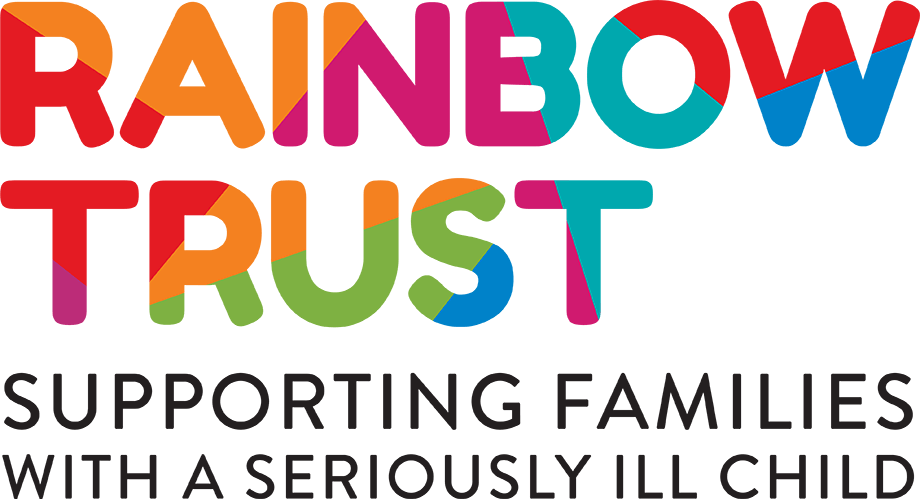Date published: 27 February 2015 by Digital Team
Rainbow Trust welcomes the new report offering a ‘blueprint’ for future choice in adult end of life care. This is an important step in recognising the need.
Anne Harris, Director of Care for Rainbow Trust said:
“It’s not just adults who aren’t being given appropriate choice about their care or the support needed to make informed decisions; in our role, as the biggest organisation providing children’s social palliative care in England, we also know that children are not getting these choices either.
We urge the government to give equal weight to the choice of children too and consider the resources required to make these choices a reality.
Funding and expert infrastructure are urgently needed to give parents and children a say in the way they are treated at the end of their lives. If the child and family would prefer to be at home at end of life then we need to be able to offer consistent, fast access to 24 hour medical and social care to support them.
The 2012 University of Leeds report ‘Rising National Prevalence of Life-Limiting Conditions in Children in England’ highlights that there are 49,000 children in England that may require palliative care so the scale of need demands a robust plan for current and future need.
Separate provision is required for children’s palliative care because a child’s end of life is not a steady trajectory. Their needs in many cases may change as they dip in and out of services according to their condition and the time involved may be weeks, months or years. This makes planning very challenging. Caring for a terminally ill child impacts on the whole family, creating enormous strains on parents, siblings and wider family members.
We need to ensure that money is invested in the right way, ensuring that the children and families that need support have greater choice and flexibility which is also cost-effective for the NHS and society.”

